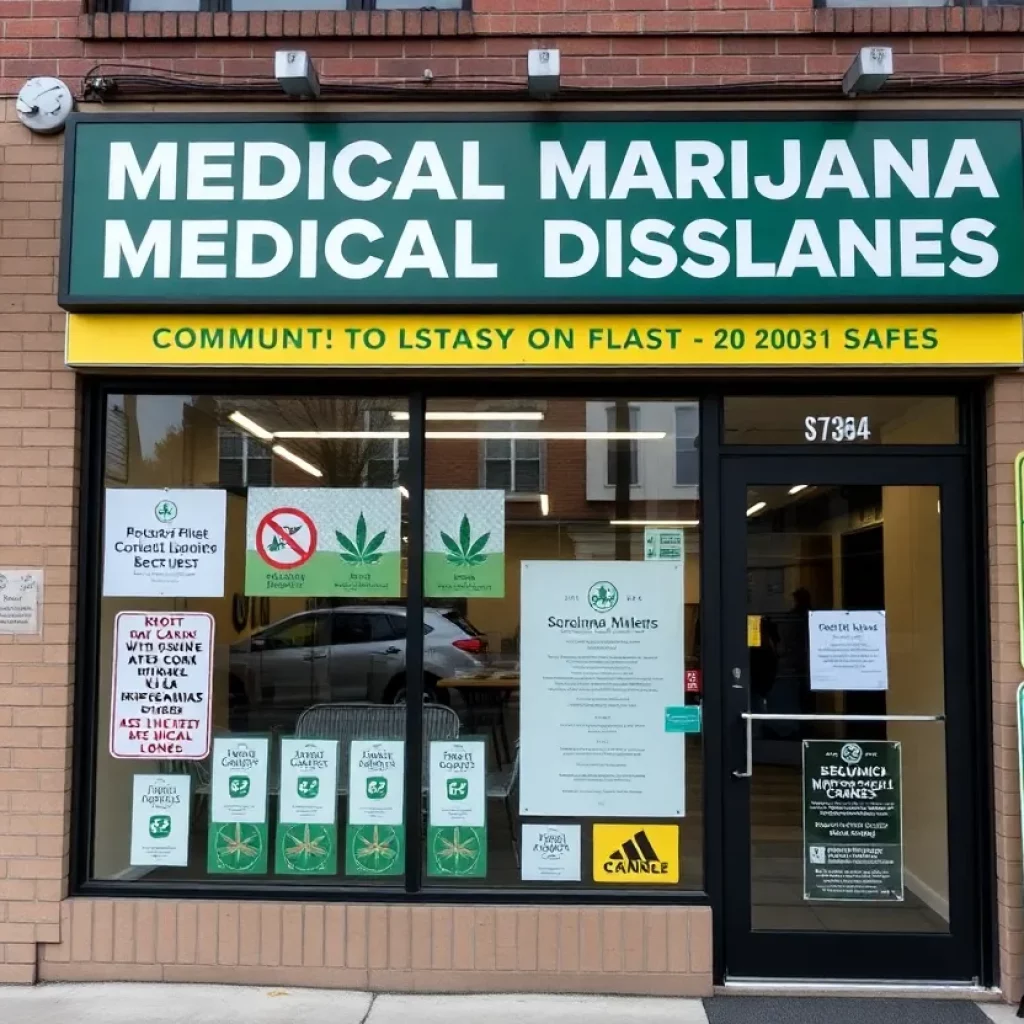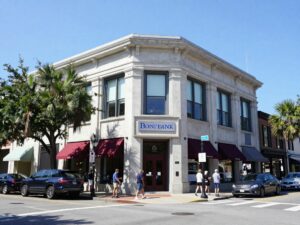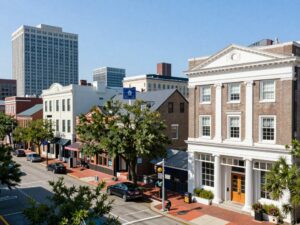News Summary
The legal situation surrounding medical marijuana in Washington D.C. is growing increasingly contentious, particularly after U.S. Attorney Ed Martin’s aggressive approach towards dispensaries. His concerns about potential violations of federal law have raised alarm among local businesses, particularly affecting the dispensary Green Theory. As calls for stricter distance regulations from schools intensify, tensions between local sentiment and federal oversight are mounting, complicating the future landscape of D.C.’s cannabis industry.
The Legal Tug-of-War Over Medical Marijuana in D.C.
The landscape of legal marijuana in Washington D.C. is becoming increasingly contentious. Ed Martin, the interim U.S. Attorney for the District, is making headlines with his aggressive stance on medical marijuana dispensaries, signaling a potential federal crackdown on local businesses operating under D.C.’s unique legal framework. Since taking office in January 2025, Martin has garnered a reputation for his controversial views and decisions, and his recent focus on the medical-marijuana dispensary Green Theory is no exception.
Martin’s Letter to Green Theory
In a letter directed at Green Theory, located in the Palisades neighborhood of D.C., Martin expressed concerns that the dispensary might be acting in direct violation of federal law. Specifically, he cited the Department of Justice’s expansive authority to enforce federal regulations despite local laws permitting such operations. Historically, the D.C. cannabis sector has navigated a labyrinth of conflicting regulations, with medical marijuana operators threading the needle of legality through various local provisions.
Medical marijuana regulations in D.C. dictate that dispensaries must maintain a distance of at least 300 feet from schools, yet local parents have been vocing strong objections, pushing for a stricter requirement of 1,000 feet. This grassroots group, known as 1,000 Feet, is closely linked to significant political appointments, including the recent nomination of Patrick Davis by Trump for an assistant attorney general position.
Federal and Local Laws at Odds
Martin’s letter implies that the owners of dispensaries like Green Theory are at serious risk of facing criminal prosecution and civil enforcement actions stemming from federal law violations. As the D.C. cannabis landscape continues to evolve, it grapples with the peculiarities of its legal status—being neither a fully-fledged state nor a complete federal outpost. This separation grants federal prosecutors unique powers that can influence local compliance and regulation.
Political Underpinnings of Legal Action
The underpinning motivations for Martin’s recent actions may include not just legal concerns but also his broader political stance that leans on traditional conservative values, including a firm opposition to abortion and support for controversial judicial actions related to the Capitol riots of January 6. Within this complex web, Martin has demoted several prosecutors engaged in handling January 6 cases and has sent intimidating letters to various organizations, including Wikipedia and medical journals.
Local Market Adaptation and Challenges
Amid these federal threats, the D.C. cannabis market is undergoing significant transitions. Recent measures like Initiative 71 have allowed for the proliferation of medical marijuana dispensaries that were earlier part of a “gifting” culture where cannabis was offered as a bonus alongside the purchase of other products. Despite these shifting paradigms, illicit marijuana sales are also on the rise, creating a tangled web of both legal and illegal markets. Concern over public health and safety continues to escalate, resulting in the D.C. Attorney General’s office shutting down illegal cannabis shops that fail to comply with regulations.
Future of Medical Marijuana in D.C.
As D.C. works to balance its regulatory framework amid increasing pressure from both local parents and federal law enforcement, the scenario remains fluid. The unique situation of D.C. prevents potential state-level protections against federal prosecution for medical-marijuana businesses. Tensions are brewing as local sentiment grows against dispensaries operating close to schools, highlighting the community’s concern for children’s welfare and paving the way for potential legal ramifications.
Furthermore, with impacts from neighboring Maryland’s recent transition into recreational cannabis legality, D.C. businesses are now faced with an increasingly competitive landscape amid uncertain legal protections. Law enforcement is intensifying actions against illegal drug sales, demonstrating a commitment to maintaining some level of regulatory integrity within a convoluted system. As the local cannabis industry strives to establish a foothold amidst these challenges, one thing is clear: the future of medical marijuana in Washington D.C. hangs precariously in the balance.
Deeper Dive: News & Info About This Topic
HERE Resources
Additional Resources
- Politico: D.C. Medical Marijuana Controversy
- Wikipedia: Marijuana in the United States
- Washington Post: D.C. Marijuana Laws and Uncertainty
- Encyclopedia Britannica: Marijuana
- NBC News: Challenges of D.C. Marijuana Legalization
Author: STAFF HERE CHARLESTON
The CHARLESTON STAFF WRITER represents the experienced team at HEREcharleston.com, your go-to source for actionable local news and information in Charleston, Charleston County, and beyond. Specializing in "news you can use," we cover essential topics like product reviews for personal and business needs, local business directories, politics, real estate trends, neighborhood insights, and state news affecting the area—with deep expertise drawn from years of dedicated reporting and strong community input, including local press releases and business updates. We deliver top reporting on high-value events such as the Spoleto Festival USA, Charleston Wine + Food Festival, and the MOJA Festival. Our coverage extends to key organizations like the Charleston Metro Chamber of Commerce and the Charleston Museum, plus leading businesses in tourism and maritime industries that power the local economy such as South Carolina Ports Authority and the Charleston Visitor Center. As part of the broader HERE network, including HEREaiken.com, HEREbeaufort.com, HEREchapin.com, HEREcharleston.com, HEREclinton.com, HEREcolumbia.com, HEREgeorgetown.com, HEREgreenwood.com, HEREgreenville.com, HEREhiltonhead.com, HEREirmo.com, HEREmyrtlebeach.com, HEREnewberry.com, HERErockhill.com, HEREspartanburg.com, HEREaustin.com, HEREcollegestation.com, HEREdallas.com, HEREhouston.com, and HEREsanantonio.com, we provide comprehensive, credible insights into South Carolina's dynamic landscape.










